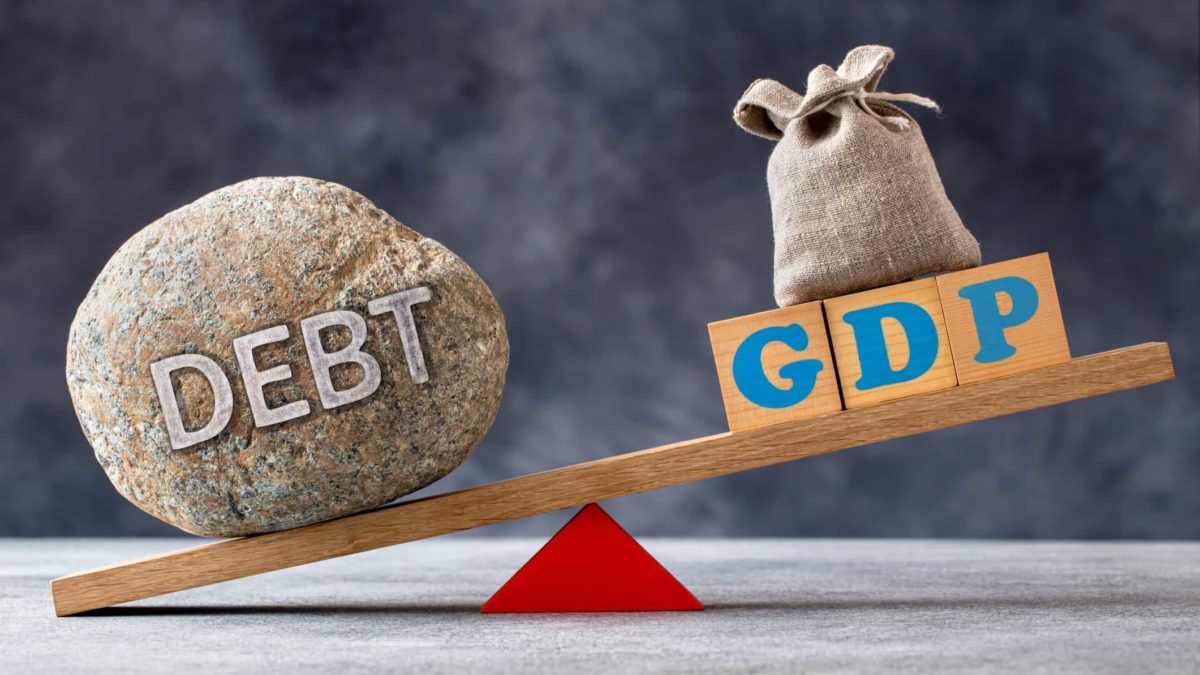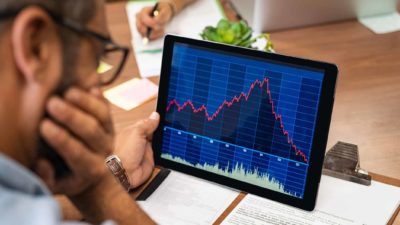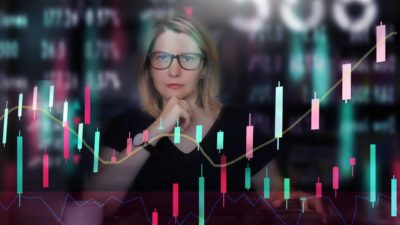Governments, businesses and citizens all over the globe have had to borrow money to survive the COVID-19 pandemic.
But exactly how much?
Credit rating agency S&P Global Ratings has calculated that the world will owe a stunning 265% of gross domestic product by the end of the year.
That's almost triple the amount of goods and services the entire planet produces.
"Since COVID-19 took hold, higher leverage, together with a challenging operating environment, has led us to lower the ratings on 22% of corporate and sovereign issuers globally," said S&P Global Ratings senior research fellow Terry Chan.
"We project global debt to rise 10% to a massive US$200 trillion in 2020."
The level of debt in Australia is comparable to the global rate.
According to AustralianDebtClock.com.au, all government, household and private credit in Australia currently total about $7.6 trillion.
The 2019 GDP for the nation was just under $2 trillion, according to the World Bank.
So total debt in Australia is at about 280% of GDP.
Don't panic though, it'll be okay
As scary as those numbers are, a debt crisis is unlikely in the short term, according to S&P Global Ratings head of research Alexandra Dimitrijevic.
"This is based on our assumption of a continuing, albeit choppy, global economic recovery," she said.
"The recovery, in turn, is predicated on the wide availability of a COVID-19 vaccine by mid-2021, continuing accommodative financing conditions supported by monetary policies from major central banks, and the return of private-sector demand."
Governments don't have any choice but to borrow to prop up economies. If they don't, a recovery will not come and unemployed citizens will struggle even more to pay off their debts.
"While governments globally are doing the heavy lifting supporting businesses and individuals, two-thirds of this year's build-up is concentrated among G-7 sovereigns, which have strong financial markets and monetary flexibility," Dimitrijevic said.
Business debt is indeed a worry, especially for sectors hit hard by lockdowns and other health restrictions.
"We see rising insolvency risk, with defaults likely to rise to levels not seen since the 2009 financial crisis," said Chan.
A saving grace for all borrowers is that interest rates are forecast to stay at historic lows well into 2023.
But a lot of known unknowns and unknown unknowns still remain.
"Our expectation that a global economic rebound will pick up speed next year is not without risks. Additional waves of COVID-19, or a delayed vaccine, could alter the trajectory to a W-shaped rebound – as could rising interest rates and a sustained dramatic widening of credit spreads, or a rebound in demand that falls short of our expectations," Dimitrijevic said.
"In many cases, debt-to-GDP ratios will only flatten as a result of a GDP recovery rather than debt actually declining."









